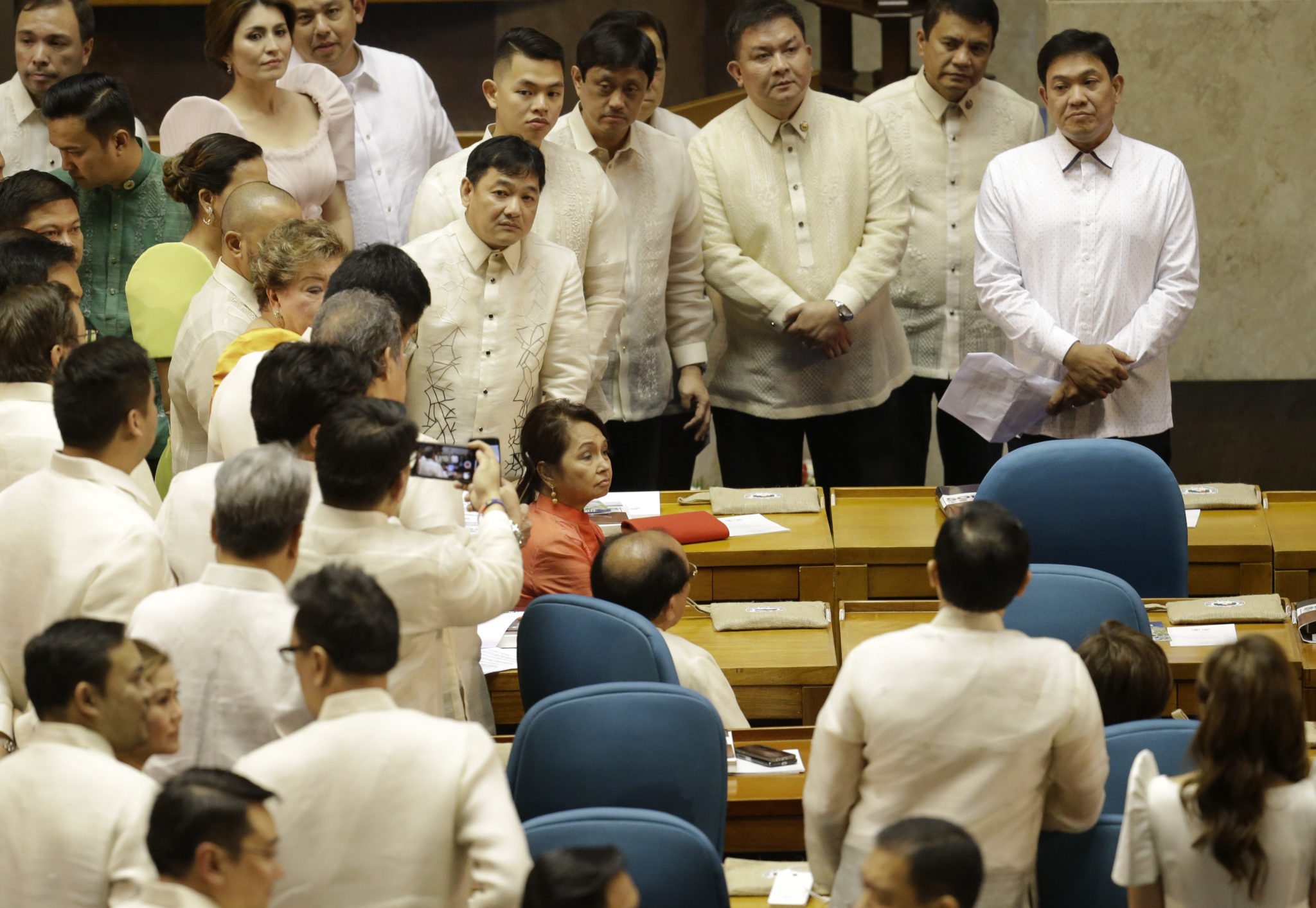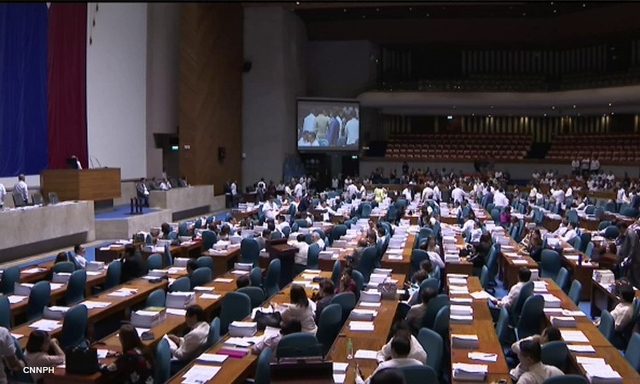FITCH Solutions—the research arm of the Fitch Group —said on Thursday the Philippines’s second tax-reform package is likely to yield little results, based on their early assessment.
“We expect the bill to have negligible impact on revenue collection in the near-term, while the longer-term reduction will likely be offset by the rationalization of tax incentives and other revenue enhancing measures contained in subsequent packages of the Comprehensive Tax Reform Program,” Fitch Solutions said.
“We are therefore maintaining our forecast for the Philippines’ budget deficit as a share of GDP to come in at 2.9 percent in 2018 and average 2.6 percent from 2019 to 2027,” it added.
The House of Representatives just this month approved on third and final reading House Bill 8083, or the second package of the Comprehensive Tax Reform Program.
The bill was passed with 187 lawmakers voting in favor, 14 against and three abstaining. The bill, renamed in the House as Tax Reform For Attracting Better and High-Quality Opportunities (Trabaho), is meant by its crafters to encourage investments by bringing down the corporate income tax (CIT) rate. However, its provisions to “modernize” investment tax incentives is viewed with alarm by certain business groups.
“In terms of the CIT rate, the reduction will not kick in until 2021. After which, the reduction will be at an average of 1 percent per year over the next eight years, suggesting a very gradual path. The government expects a loss of P62.0 billion in revenue upon the lowering of CIT in 2021, and according to our forecast, this will represent just 1.5 percent of the expected revenue collection that year,” Fitch said.
“Moreover, the Trabaho also seeks to trim tax incentives that are offered to investors, making them more selective and less encompassing, and this will likely offset some of the loss in revenue from lower corporate taxes,” it added.
The international think tank is not persuaded that the bill could spur investments in the economy.
“While CIT rates are one of the considerations of potential investors when they look to relocate their businesses, we believe that more of them are deterred by the poor business environment caused by red tape and corruption, as well as poor infrastructure conditions. According to the WEF Global Competitiveness Index 2017/18 report, ‘inefficient government bureaucracy,’ ‘inadequate supply of infrastructure’, and ‘corruption’ are the top three obstacles that businesses reportedly face when doing business in the Philippines, while ‘tax rates’ ranks fifth,” Fitch Solutions said.
“Moreover, the lowering of CIT rate is so gradual that it will take until at least 2025 before they fall in line with regional levels,” it added.


































